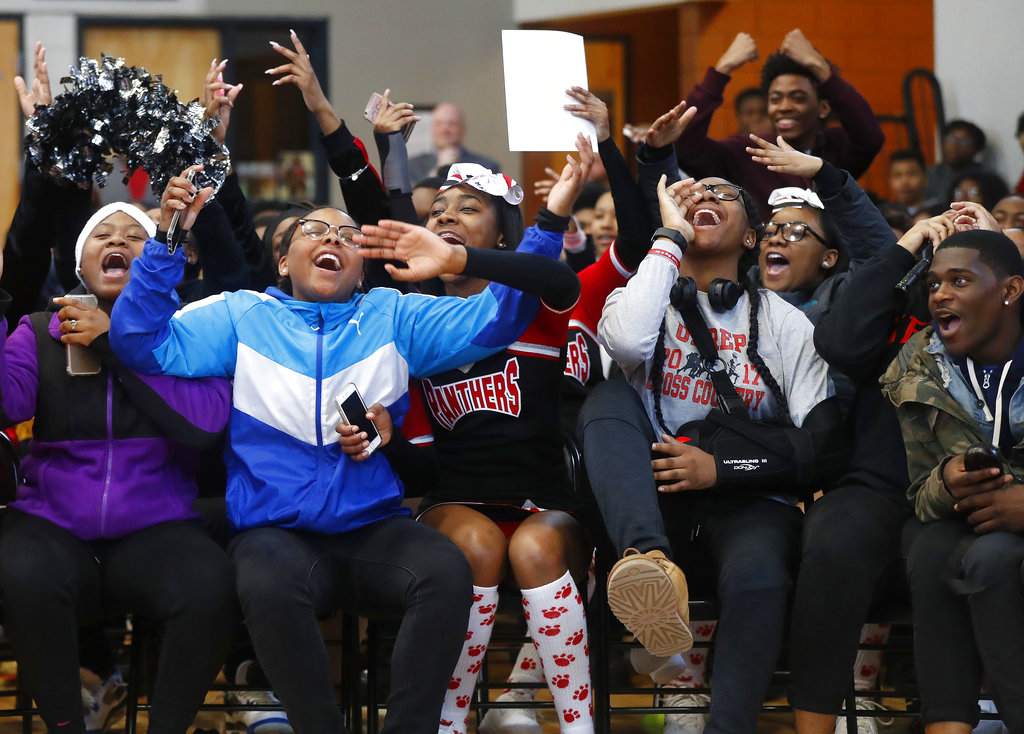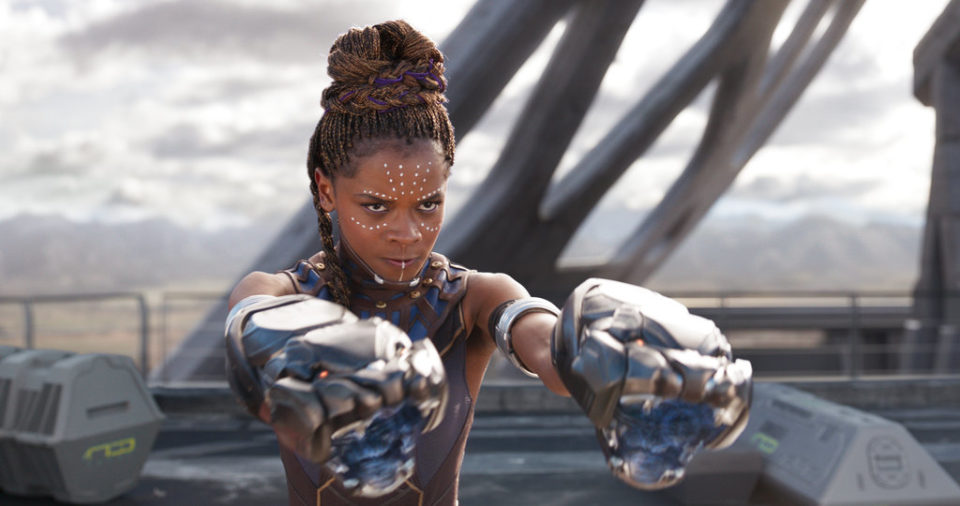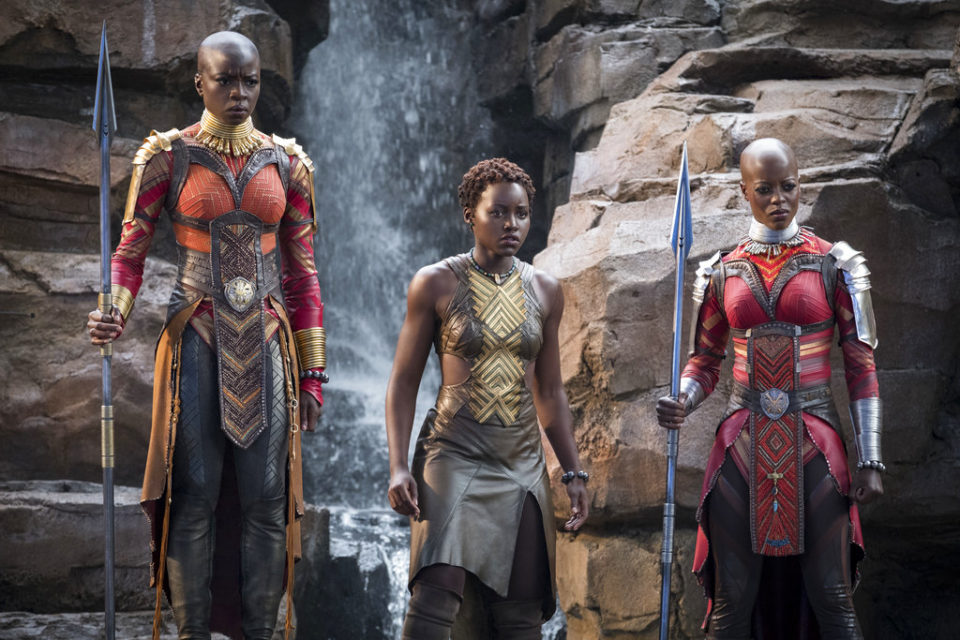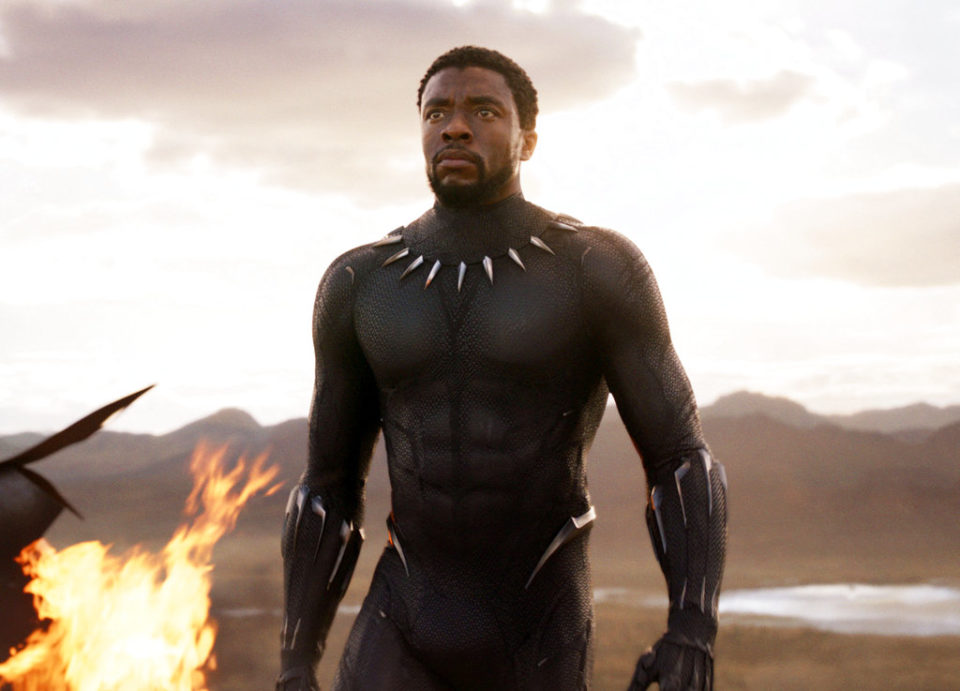
Being one of the most highly anticipated stand-alone Marvel movies going into opening weekend, “Black Panther” made $192 million in its debut, making it the fifth-highest-grossing debut in history only behind “Star Wars: The Force Awakens,” “Star Wars: The Last Jedi,” “Jurassic World” and “The Avengers.”
On the surface, it seems as though it’s just another superhero movie – there’s Iron Man, there’s Captain America, there’s Spiderman and now there’s the Black Panther – but if you look beyond the superhero, you’ll see much, much more.
The characters

First seen in Stan Lee’s “Fantastic 4” comic in 1966, it took 52 years to bring the Black Panther to the big screen as our stand-alone superhero, but he’s finally here. For the very first time in Marvel Cinematic Universe history, our hero is black.
Chadwick Boseman, also known for his portrayal of Jackie Robinson in “42,” plays the part. He poses as T’Challa, king of a fictional African nation known as “Wakanda.”
In addition, we have a predominantly black cast; Michael B. Jordan poses as Erik, Danai Guirira poses as Okoye, Lupita Nyong’o poses as Nakia and Letita Wright poses as Shuri.
The culture

From the African battles that determine who is to be king to the American scares of the authorities being near, we get a full feel for the culture of the black life.
On one side, we get the African clothing, the African accents, the African weapons, the African dances and the African chants. On the other, we get the American clothing, the American accents, the American weapons and, of course, the American struggle; true embodiments of what it means to be black.
The movement

Some, like Gabrielle Union-Wade and husband Dwyane Wade, are doing all they can to get kids to meet our new hero in theaters. The couple sent 100 Boys & Girls Club members from four different U.S. cities to go see the movie, and they urge others to do the same. They’re calling it: “The Black Panther Movement.”
“You can be inspired in realizing that there are heroes in everyday life,” Union-Wade said in an Instagram post, “We should be celebrating our excellence, celebrating equality, celebrating all of the things that make us powerful people.”
It doesn’t matter if you’re white, black, green, blue or yellow; it doesn’t matter where you come from. What matters is that, now, we know we can all be heroes.
“What you have done is spectacular,” Will Smith said to the movie’s cast members in an Instagram post. “I watched the film a couple of days ago and damn-near got brought to tears. You guys have challenged, and potentially even shattered, a lot of long-time, long-held, false Hollywood beliefs and paradigms … I’m proud and I’m excited; damn-near giddy.”
My feelings exactly, Will. And it should be yours too.
Gamiel Hall can be reached at hall0211@stthomas.edu.


